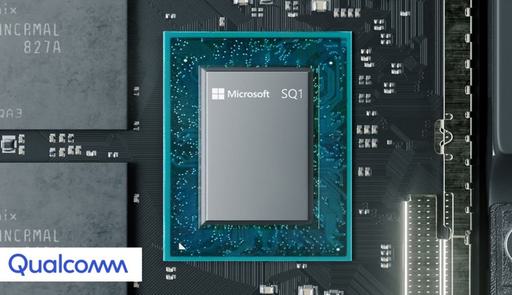Microsoft has encountered delays in developing its proprietary AI processor, originally planned as a competitor to Nvidia solutions. The new chip will launch later than scheduled and will underperform compared to Nvidia's flagship Blackwell architecture.

G. Ostrov
Microsoft Corporation has announced delays in releasing its proprietary artificial intelligence processor, which was intended to compete with Nvidia's market-dominating solutions. According to internal company sources, the new chip will not only launch later than scheduled but will also significantly underperform compared to Nvidia's revolutionary Blackwell architecture.
Developing proprietary AI processors has become a strategic priority for major technology companies seeking to reduce dependence on Nvidia, which controls over 80% of the specialized machine learning chip market. Microsoft invested billions of dollars in creating its own processor lineup, hoping to ensure more efficient operation of its Azure cloud services and AI-powered products.
The main development challenges are related to technical difficulties in creating an architecture capable of efficiently processing complex machine learning algorithms. Microsoft engineers encountered unexpected obstacles in optimizing power consumption and heat dissipation, which is critically important for data center operations. Additionally, integrating the new chip with the existing software ecosystem proved more complex than initially anticipated.
Nvidia Blackwell, introduced in 2024, set new performance standards in AI computing, providing significant speed improvements in neural network training and inference. The Blackwell architecture includes revolutionary solutions in memory and inter-chip connections, enabling unprecedented performance when working with large language models and other AI applications.
The delay in releasing its proprietary processor could seriously impact Microsoft's competitiveness in cloud AI services. The company will be forced to continue purchasing expensive Nvidia solutions, negatively affecting profit margins from providing AI services through the Azure platform. Analysts predict the delay could range from 6 to 12 months compared to originally announced timelines.
Despite current difficulties, Microsoft does not plan to abandon developing its own AI processors. The company considers this direction strategically important for long-term competitiveness and continues investing in research and development. Simultaneously, Microsoft is exploring partnership opportunities with other semiconductor manufacturers to diversify supplies and reduce dependence on a single supplier.
For additional information, visit Microsoft's official website.
If you encounter any issues, contact us, we'll help quickly and efficiently!




